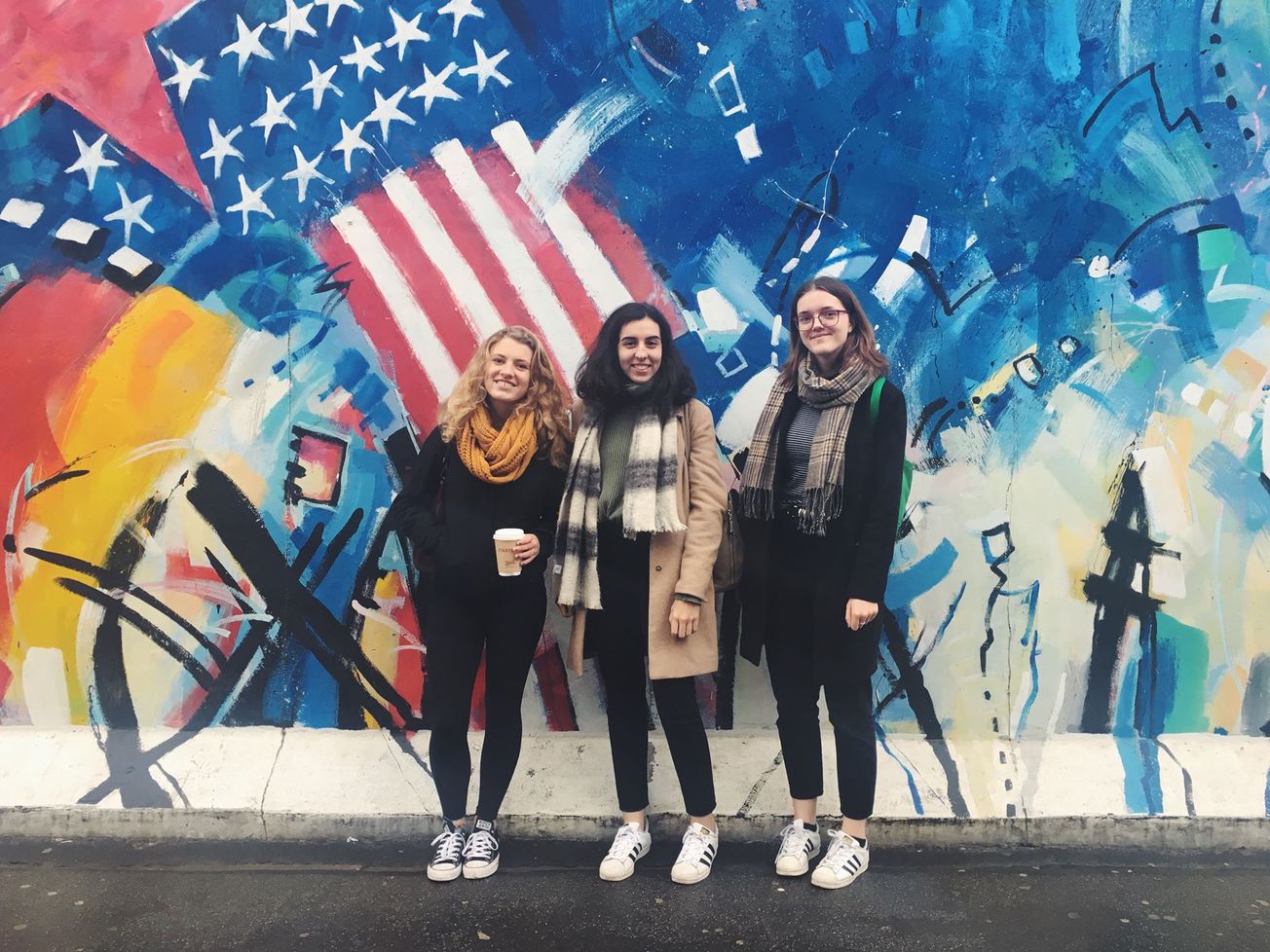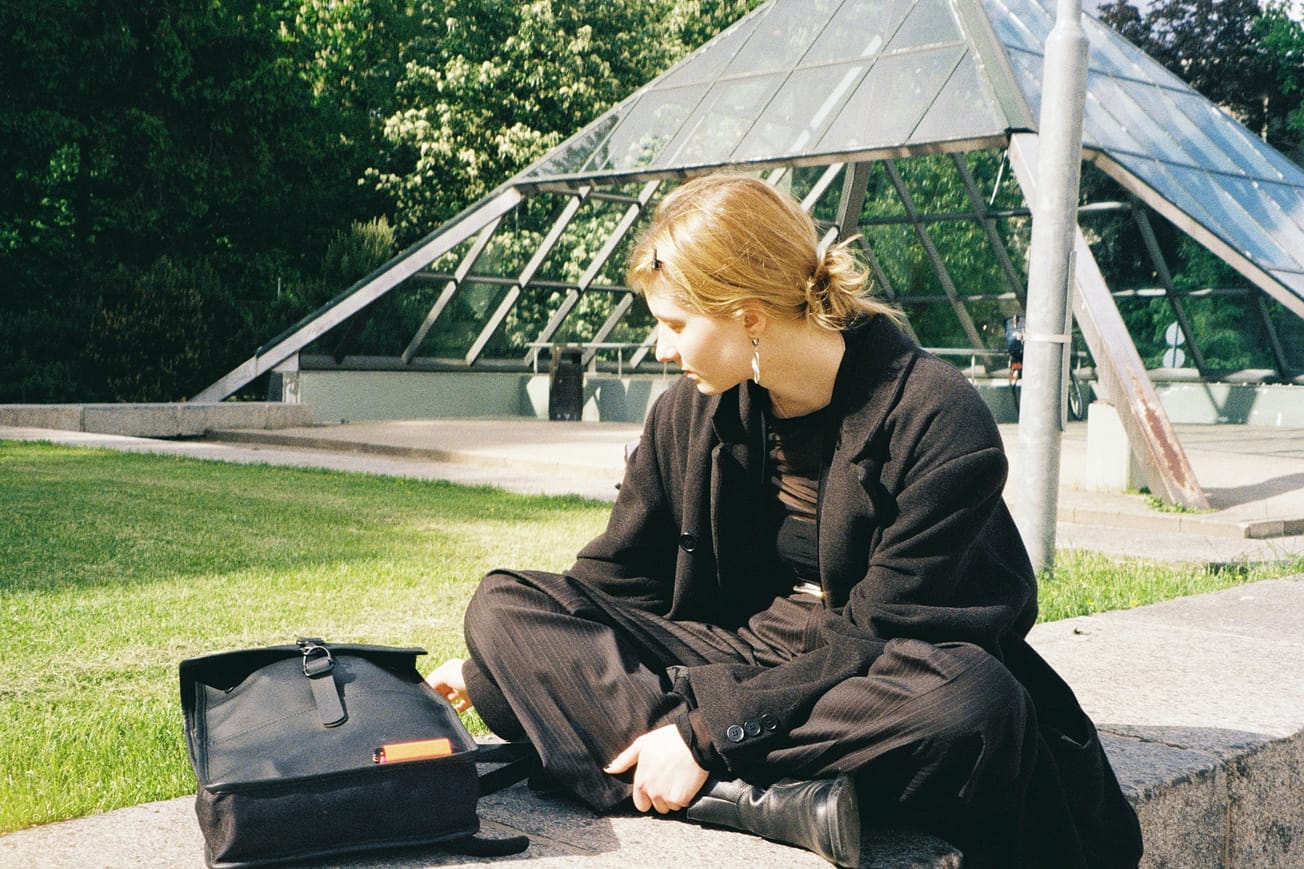By Laila Freeman, Food Editor
Food Editor Laila Freeman shares her thoughts on being a mixed-race BME student in Bristol.
Being mixed-race, in my experience, means that your cultural identity can shift dependent on where you are living. Of course, I identify with both cultures, which I am lucky to do, considering the common mixed-race trope of identifying with not both, but neither culture. However, the demographic of the place that I am in has often made me more conscious of being ‘white’ or being ‘Asian’.
I grew up abroad in the Middle East, residing in a largely British expatriate community, attending an international school with people from all over the world. Being an expat, for me, meant a firm sense of British and specifically English identity. Despite living abroad since I was one, at age fourteen I still never viewed home as anywhere other than England. This makes sense considering that England is where I was born, where I returned to every Christmas and summer holiday and where both my parents called home. However, whilst I was fully aware that my maternal grandparents were Pakistani and East African first-generation immigrants, I also never regarded myself as anything other than English.
The demographic of the place that I am in has often made me more conscious of being ‘white’ or being ‘Asian’.
At the end of Year Nine I moved back to England. Ironically, being ‘home’ in England made me much more aware of my Asian culture identity. I believe that this was due to a multitude of things. Firstly, I now lived ten minutes away from my Asian grandparents, with whom my mother did not speak English, thus introducing a different language into my everyday life. Secondly, the patriotic ‘propaganda’ and sense of longing for good ole England that British school and expat lifestyle in had shoehorned into every aspect of life was lifted. Finally, not to be a stereotype of myself, but my mum suddenly took to cooking curry pretty much every day without fail.
East London, as the most racially diverse area of an already cosmopolitan city, never forced me feel ‘not white’. Bristol, conversely, told me that I was Asian.
It was in Bristol that, for the first time ever, I was aware of being a part of a minority population. Whilst this experience was probably lessened considerably for me, being equally a part of the majority population, it was nonetheless something that I was cognizant of, in a way that I had not been before. Particularly with a course like History and accommodation in Stoke Bishop, the limited diversity amongst the student body was instantly noticeable in contrast to home in London or my experience in a multicultural expatriate community.
But was this a bad thing? For me it certainly was not.
I imagine that for some, being a BME student in a very white city can be quite an isolating experience, but I personally have never felt this.
It was in Bristol that, for the first time ever, I was aware of being a part of a minority population.
It was through studying History at Bristol University that I developed a love for world history and learnt about my cultural history as an Asian for the first time. Whilst studying the British Empire is omitted from the British Curriculum in many schools, I found myself taking a compulsory module on the Empire in First Year, enabling me to connect to my past in a new way. I learnt things that I never knew before and may not have ever become interested in otherwise.
Although I know that there are only a handful of BME faces on my course as a whole, in a way that makes it nicer to walk into modules on ‘Social Change in Modern India’ or ‘Transatlantic Slavery’ and see that the room is jam packed full of students that want to learn about countries other than Britain and connect with a wider world history.
To other BME students in Bristol, particularly those arriving from more diverse cities where being the only person of colour in a room is a new experience, please do not be put off by this. Whilst I did have that experience for the first time, I have found that living and studying in Bristol allows for a much more culturally diverse experience than what meets the eye.
With the abundance of cultural societies and what I have always experienced to be a broad and inclusive curriculum, BME students certainly should not be put off.
Featured Image: Epigram / Laila Freeman
Do you have a different experience being a BME student in Bristol? We want to share as many stories as possible, so get in touch.









